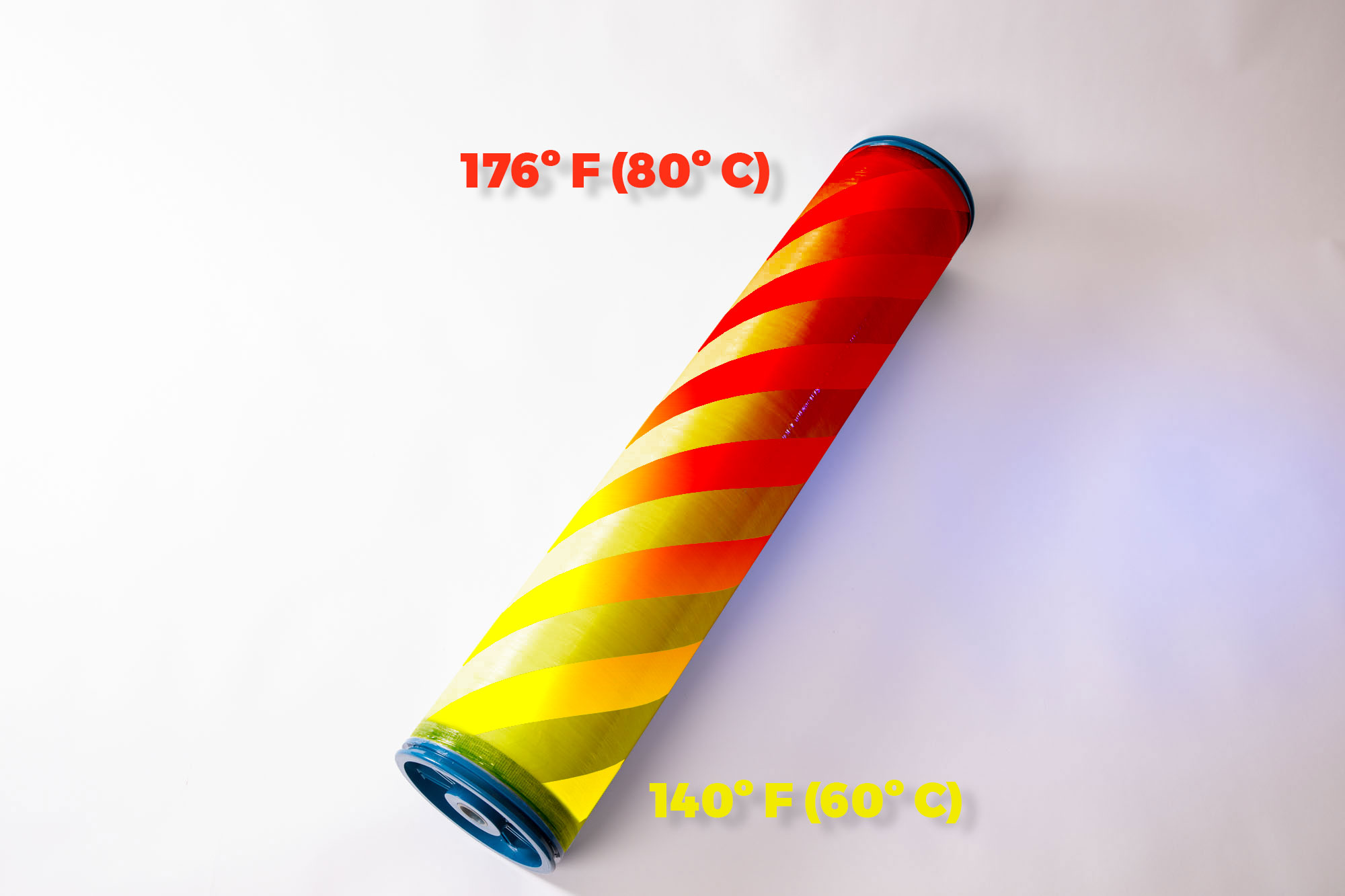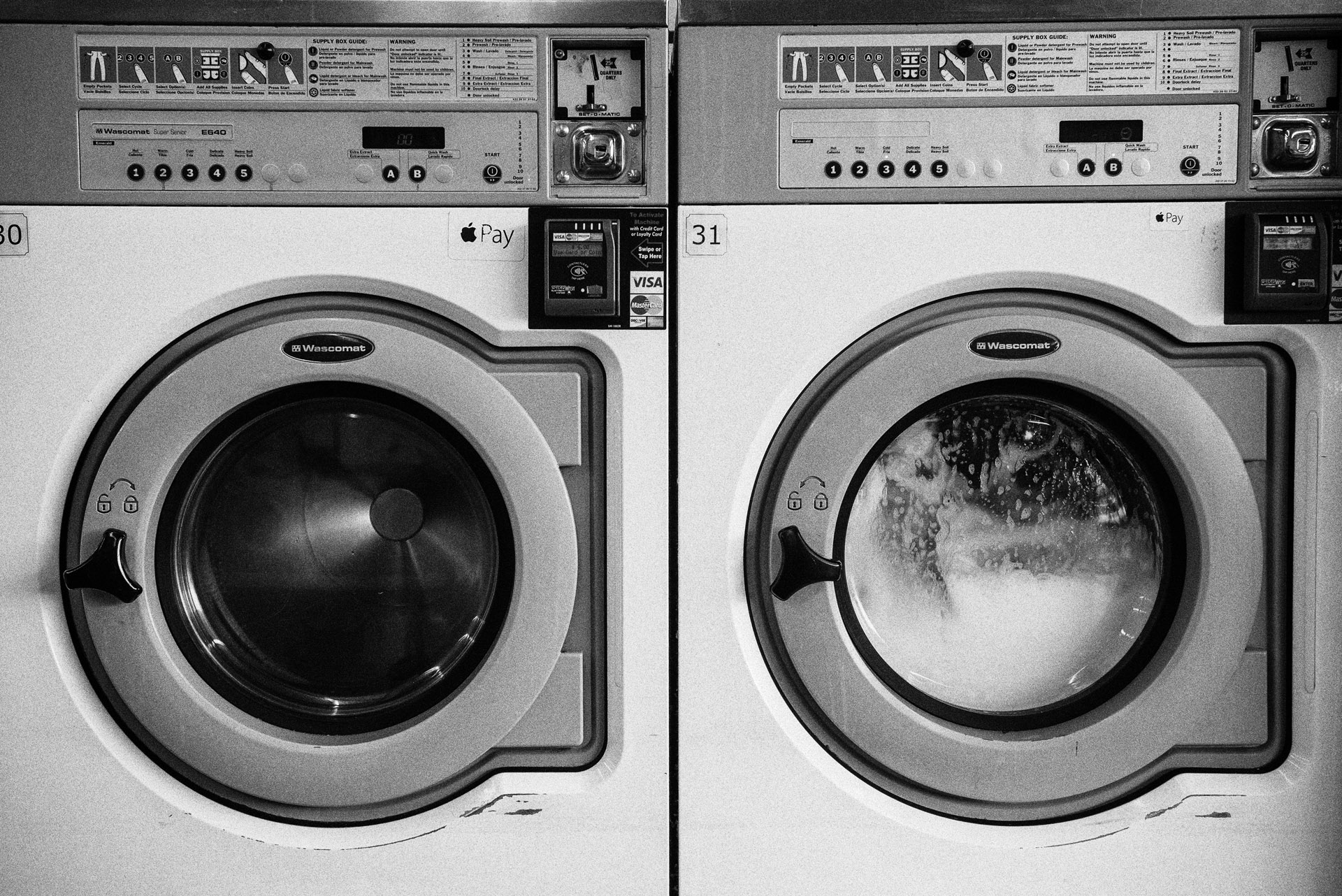Please review zNano’s success stories. We are happy to provide more information with confidentiality.

Industrial Waste Water
zUF50 Membrane Success
| Client | Industrial Wastewater Treatment OEM |
| Pilot Date | 2019/01 to 2019/07 |
| Feed Water Intake | Industrial Wastewater |
| Application | Non-potable Reuse |
| Pilot Configuration | Single Pass 4″ Element |
| Recovery | 90% |
| Pilot Capacity | 1,440 gallons per day |
| Feed Temperature Range | 105 F to 112F |
| zNano Membrane Model | zNano Element |
| Average Pilot Flux | 35 GFD |
| O&G Feed ppm / Perm ppm | 281 ppm / 10.7 ppm |

NASA
Process Development Services
Michael Flynn engaged zNano to help with the development of synthetic biology. Synthetic biology is the engineering of genes in bacteria so that the bacteria perform a desirable function and for NASA, that desirable function is in situ resource utilization, which means the regeneration of resources from a combination low-cost materials and waste products. Nano and NASA had previously successfully collaborated before to evaluate bioinspired forward osmosis membranes comprised of lipid bilayer resulting in a publication a year earlier.
The goals were ambitious:
• Demonstration of a functional bio-membrane that can be used for wastewater treatment.
• Demonstration of the ability of the membrane to recover from fouling or oxidative damage.
• Demonstration the membrane has performance characteristics comparable with the current SOA. *
Together, NASA and zNANO developed SBM technology. SBM technology uses the body’s natural soap, fatty acids or FAs, to protect the membrane. In [an SMB] configuration the FAs on the surface of the membrane are regenerated by using synthetic biology. In this case genetically engineered cyanobacteria. “We have determined though testing that most of the macronutrients needed by cyanobacteria can be supplied by urine in the feed stream.“ These FAs are able to permeate through the lipid membrane from the OA into the feed side of the membrane. On the feed side, the solubility of the FAs drop and they precipitate out on the surface of the membrane producing a sacrificial coating.
SBM technology is being developed to integrate into a batch FO/RO system. The FO/RO system has a recirculated feed is across the FO membrane and on the other side of the FO membrane a salt solution with a higher osmotic potential which causes water flux across the membrane. The osmotic agent is then reconstituted using a batch reverse osmosis system. A synthetic biology bioreactor is integrated into the osmotic agent loop to provide a source of fatty acids to protect the FO membranes.
The results of the program were presented in an impressive trade study evaluating an equivalent system mass (ESM) evaluation of the Synthetic Biological Membrane (SBM) compared to the current International Space Station (ISS) state of the art as defined by the Urine Processor Assembly (UPA) technology. Results of this trade study indicate that the SBM System has 80% lower ESM than the UPA when combined with a forward osmosis/reverse osmosis (FO/RO) water treatment system. In addition, the ESM of the FO/RO is 50% lower when used with the SBM technology. Differences between biological fatty acid (FA) synthesis and ground resupply of FA’s is minimal for a 182 day mission studied but increases with mission duration.

Concord Enviro
Customized Membrane Coatings
Concord Enviro is dedicated to pure water — from any source — making existing process more efficient and sustainable. They have more than two decades of experience in filtering the world’s most “difficult-to-handle waste water streams.” These process include “distilleries, textiles, tanning, pharmaceuticals, chemicals and more.”
The result? 80 million gallons per day of water is recycled by their plants around the world. They “combine innovative process engineering strategies with synergistic technologies to provide the most systematic and cost-effective systems to our valued customers based on their needs.”
To keep with their “drive to incorporate next-gen technologies,” Concord Enviro sought out zNano’s bioinspired coatings.
Working together, zNano and Concord Enviro discovered that zNano’s bioinspired coating solves a critical problem with TFC nanofiltration membranes used in the treatment of textile wastewater.
Because membranes used for the treatment of textile wastewater have a decreased life, zNano used a natively cationic coating to repel the cationic surfactants in the wastewater.
The result? On average, zNano coating improved the flux of the base membrane by a factor of 4.1x. As of early 2018, zNano has delivered >10,000 sq meters of flat sheet material to Concord Enviro.

Admiral Maltings
Process Development Services
Admiral Maltings is a compelling conscious startup focused on craft malt for beer. They are based in Alameda, California.
As they say, “Malt is the story of beer. Is the heart and soul of a good pint. We, the local brewers and distillers who use Admiral malt, can tell a deeper story of regional beer character, terroir, the organic or no-till farmer who grows our barley, the traditional art of floor malting and freshly kilned malt. We contract family farms in the Sacramento Valley and in Tule Lake, California, to grow no-till or organic barley for our floor-malt… Our malt not only helps brewers make great beer, but it also enables them to operate more sustainably and to deepen their connection with local agriculture.”
Unfortunately, Admiral Maltings had a problem: the malt process is water intensive. Previous studies indicated that the reuse of water would cripple the malt’s flavor.
After considering several options costing more than $1 million USD, they contacted zNano to provide a more economical direct filtration advanced water recycling system to restore the water used in their malt process.
Before work began, zNano proved that restoring water to near its original condition allows the water be reused in the next batch of malt without effecting the malt’s flavor.
Direct membrane filtration eliminates the need for a bioreactor, flocculation, and/or coagulation system — saving capital and operating costs. After six months of development, the plant was commissioned in March 2018.
The plant is restoring over 75% of the wastewater that it treats and enabling Admiral Maltings to meet their sustainability goals.

Dutch Girl Cleaners
Process Development Services
Dutch Girl Cleaners is a premier dry cleaner and launderer in Walnut Creek, California.
Wearing clean and pressed clothes is a simple pleasure in life — affecting how others perceive us at home, the office and in public.
In 2014, as California’s record drought increased, water restrictions became a reality and Dutch Girl Cleaners had a problem. They had to decrease the amount of water they consumed while maintaining the quality of their client’s laundry.
“Dutch Girl” turned to zNano to install an Advanced Water Recycling System which takes greywater and restores it to be cleaner than tap water. This restored water can then be used in the wash.
zNano’s plant made Dutch Girl resilient to the drought; they maintained their quality despite having less available water.
As Steven Depper, President of Dutch Girl, said: “Using the zNano water recycling system shows our long-standing concern for the environment and supports the community’s desire to use businesses that reflect their values.”

Our best customers keep their data to themselves.
We do the same for them.
Trust us, it’s impressive.
And, they’re buying our specialty membranes.

